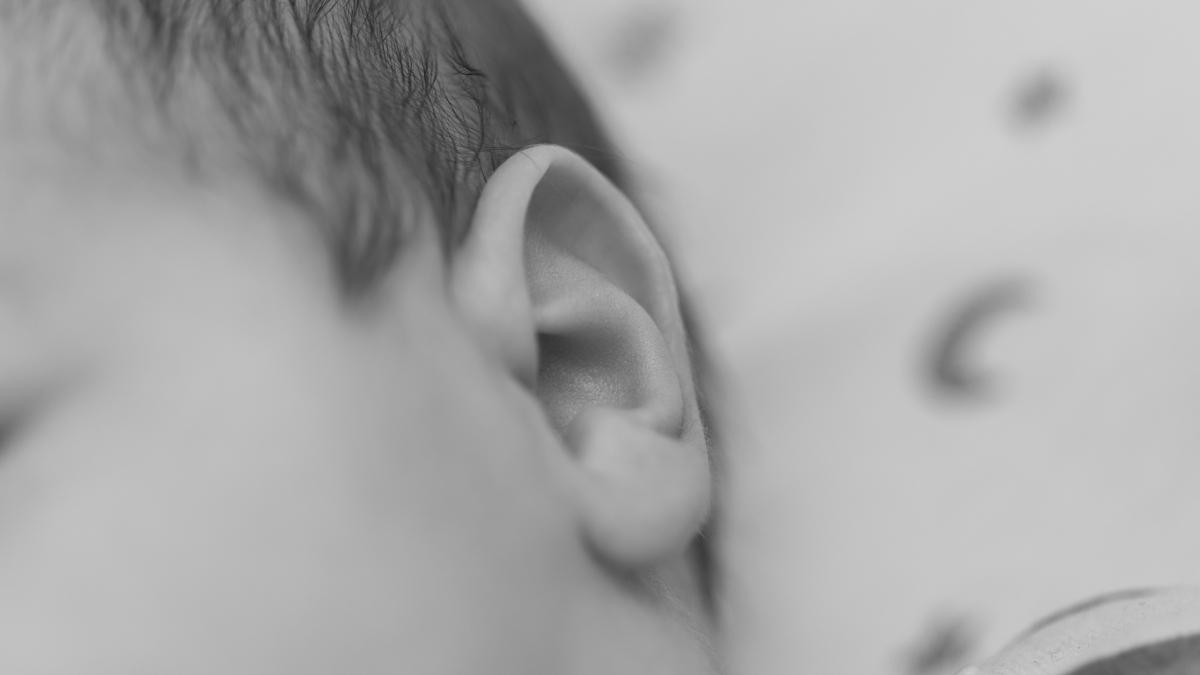Lilly trumpets early success with deafness gene therapy

Eli Lilly’s acquisition of gene therapy specialist Akouos seems to have paid off, after the lead candidate in the deal restored hearing in a child with congenital deafness.
The AK-OTOF therapy remains in early-stage clinical testing, but the success in the first patient to receive it – an 11-year-old boy who was profoundly deaf, but whose hearing is now reported to be in the normal range – is a major boost to the programme.
The boy, who had sensorineural hearing loss (SNHL) due to mutations in the otoferlin gene, saw his hearing restored within a month of a one-shot administration of AK-OTOF into the cochlea of the inner ear using a proprietary device developed by Akoulos.
The ongoing phase 1/2 trial, called AK-OTOF-101, is expected to enrol up to 14 subjects and marks the first time that a patient in the US has received gene therapy for a genetic form of hearing loss. AK-OTOF is administered into one ear in the study to allow comparison with the untreated ear.
OTOF is mutated in a small percentage of cases of SNHL, the most common form of deafness affecting up to two per 1,000 newborns.
Mutations in the gene – which codes for a protein in the inner hair cells of the ear – are seen in around 1% to 5% of deafness cases, depending on the population studied, with an estimated 200,000 people affected worldwide and no approved drug treatments. AK-OTOF delivers a functional copy of the gene using an adeno-associated virus (AAV) vector.
“Gene therapy for hearing loss is something physicians and scientists around the world have been working towards for over 20 years,” said Professor John Germiller, the principal investigator in AK-OTOF-101, who delivered the therapy to the patient.
“These initial results show that it may restore hearing better than many thought possible,” said Germiller, who is director of clinical research for otolaryngology at Children’s Hospital of Philadelphia.
Lilly bought Akouos in 2022 for $487 million upfront, in a deal that could be worth up to $610 million, subject to the clinical trials programme hitting certain objectives and at least one regulatory approval for a gene therapy candidate.
AK-OTOF is the lead therapy in the deal, Boston-based Akouos also has a pipeline of other therapies for hearing loss, including AK-CLRN1 for Usher type 3A deafness, AK-antiVEGF for vestibular schwannoma, and a therapy for GJB2 mutations – the most common cause of congenital deafness in developed countries.
Lilly is one of a clutch of companies looking to develop gene therapies for deafness caused by OTOF mutations, alongside the likes of Regeneron – which added a candidate called DB-OTO from its $109 million acquisition of Decibel Therapeutics last year – and French biotech Sensorion.
Regeneron reported results with the first child treated with its DB-OTO therapy last October, from a trial being run in Europe.
Photo by Christopher Campbell on Unsplash













